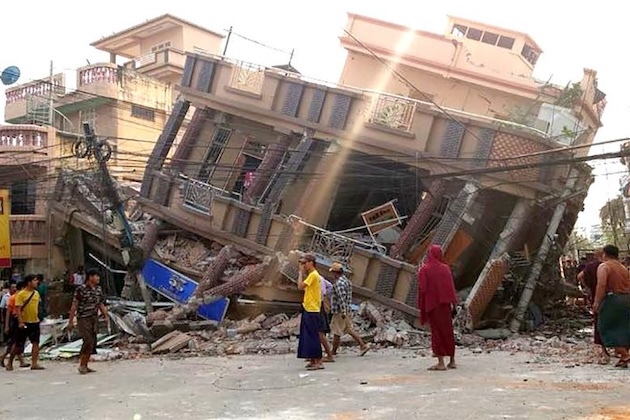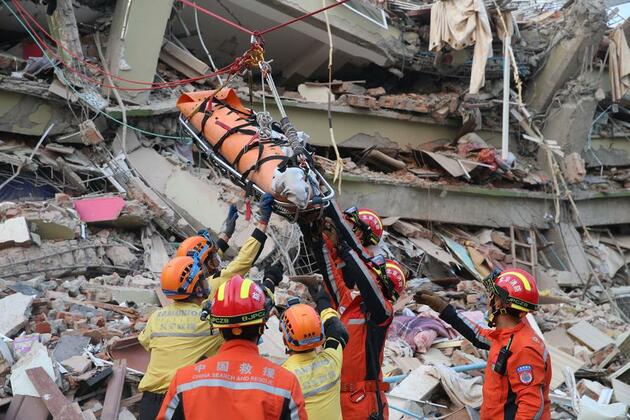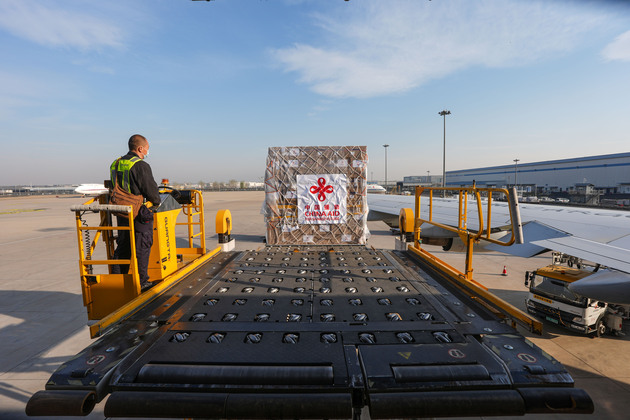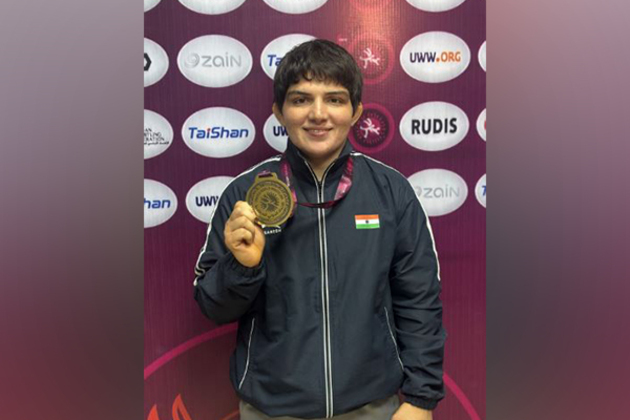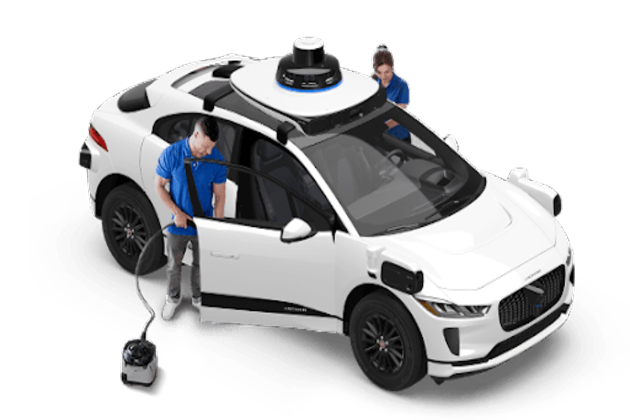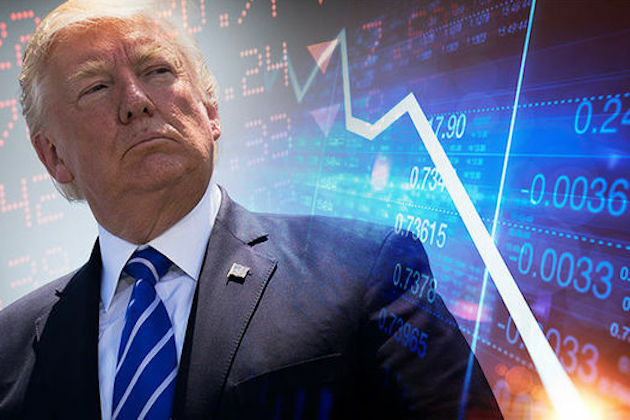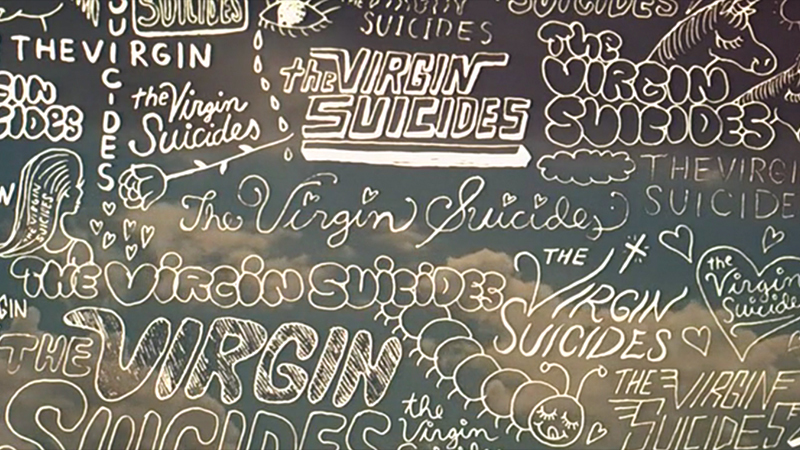First Person: Prepare for the next pandemic, says WHO scientist
United Nations
21 Mar 2021, 11:51 GMT+10
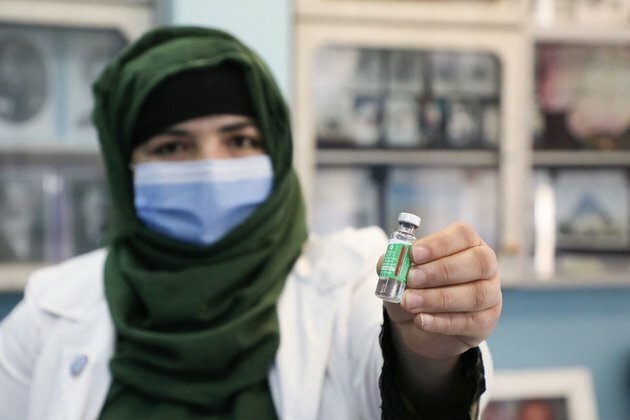
New technologies have given us new ways to control diseases - crucial to fighting the COVID pandemic, and future global outbreaks, says the World Health Organization's Chief Scientist.
WHO Deputy Director-General for Programmes (DDP) Soumya Swaminathan speaking with members of the South Sudanese refugee community at the Almanar Health Center in Mayo, Khartoum. (February 2018), by WHO Sudan/Simon van Woerden
During the early '90s, Dr. Soumya Swaminathan successfully raised funds to get antiretroviral drugs to those affected by the HIV epidemic. Many of the children of those patients are still alive today thanks to her work. As part of the podcast series, Awake At Night, she shares her insights with the UN's head of communications, Melissa Fleming.
"We've seen time and time again that products developed in high income countries take decades to find their way to low income countries. This has happened with influenza pandemics, with HIV, and with hepatitis B vaccines.
It took 30 years for hepatitis B vaccines to get to developing countries and that's exactly the reason why COVAX [the UN-led scheme to distribute two billion COVID-19 vaccines to mostly poorer countries] was set up, to make sure that as vaccines get developed, that there's also equity in access.
I think that it was a good move and that it's going to be successful. I'm very hopeful that, for the first time ever, COVAX is going to bring vaccines to people in every country in the world, having taken lessons from HIV and all of the other diseases for which the richer world found treatments and vaccines. The funding was slow but finally, there is rollout and there is hope.
To me, what has happened with science and the scientific collaboration that happened during the past year is very positive, the fact that people have been so willing and open to share knowledge. It's helped us in the WHO, to be ahead of the curve, and I think it's the reason that we've had so many dozens of vaccine candidates being developed.
Of course, there's still a technology gap between the high, middle and lower income countries, and we want to focus on bridging that gap by enabling a technology transfer, particularly for some of these new technology platforms like the mRNA vaccines, which offer the possibility of being able to very quickly adapt to COVID-19 variations, as well as to create vaccines against new pathogens.
So, it's a perfect platform for pandemic response. This is the time that the world needs to think about getting to the end of this pandemic but also, at the same time, preparing for the next one by making sure that this technology is not limited to a few sites in the world, but is more broadly available, and could be used to control some of our other big public health problems, like TB.
© UNICEF/Vinay PanjwaniMO Dilip Gosai checking chest X- Ray of for TB and other lung infection at the Antela Primary Health Center in Baria, Gujarat, India..
Most of my career has essentially involved research on tuberculosis (TB), on HIV, and on other infectious diseases. TB patients usually come from the poorest sections of society, so I've been to all the slums in Chennai, and I know the conditions in which those patients live.
It gave me a better appreciation for why a purely biomedical approach is unlikely to work in a disease like tuberculosis, where there are so many social, economic and environmental risk factors driving that disease.
One and a half million people die of tuberculosis every year. It's takes such a huge toll on people and yet we get used to deadly diseases that are often invisible because they hit the poor.
So, in a country like India, a person who dies of dengue fever in a city would make headlines, whereas you'd have had 1000 deaths due to TB on the same day and they would not feature in any news story at all.
Perhaps, the lesson that we've learned from the COVID-19 pandemic is that, because we live in a globalized world, it doesn't take much for a disease that starts in one part of the world to travel and infect people in other countries.
I hope that there'll be a new public health paradigm now, not focusing only on your own country, but really thinking about global health security. And it's not only humans, but animals that we need to think about, and the environment, because we know that the pandemics arise from interactions between animals, humans and the environment".
 Share
Share
 Tweet
Tweet
 Share
Share
 Flip
Flip
 Email
Email
Watch latest videos
Subscribe and Follow
Get a daily dose of Malaysia Sun news through our daily email, its complimentary and keeps you fully up to date with world and business news as well.
News RELEASES
Publish news of your business, community or sports group, personnel appointments, major event and more by submitting a news release to Malaysia Sun.
More InformationSoutheast Asia
SectionBYD aims to double overseas EV sales to 800,000 in 2025
SHANGHAI, China: As global demand for electric vehicles continues to rise, China's BYD is looking to double its overseas sales to over...
Regulatory win in India paves way for Starlink's expansion
BENGALURU, India: A major regulatory breakthrough in India could mark a turning point for Starlink, Elon Musk's satellite internet...
World mobilizes assistance for quake-hit Myanmar
The death toll in Friday's massive earthquake in Myanmar has risen to 1,644, and is expected to rise significantly. At least another...
SpotNews | Chinese rescuers pull out pregnant survivor in quake-hit Myanmar city Mandalay
Members from the China Search and Rescue Team and the civilian rescue team of RAMUNION RESCUE jointly transfer a pregnant survivor...
(SpotNews)CHINA-BEIJING-EMERGENCY HUMANITARIAN AID-MYANMAR-EARTHQUAKE-DISPATCH (CN)
(250331) -- BEIJING, March 31, 2025 (Xinhua) -- A staff member loads China's first batch of emergency humanitarian aid to Myanmar onto...
India wrestlers wrap up Asian Wrestling Championship in style
Amman [Jordan], March 31 (ANI): The 2025 Senior Asian Wrestling Championship concluded with an impressive performance by the Indian...
Business
SectionBYD aims to double overseas EV sales to 800,000 in 2025
SHANGHAI, China: As global demand for electric vehicles continues to rise, China's BYD is looking to double its overseas sales to over...
To meet US AI energy surge, Schneider Electric invests $700 million
ANDOVER, Massachusetts: As artificial intelligence drives up energy demand across the United States, Schneider Electric is making a...
Americans grow gloomy on finances as confidence declines further
WASHINGTON, D.C.: U.S. consumer confidence continued to drop in 2025, hitting its lowest level in 12 years as more Americans worry...
Waymo gears up for driverless expansion in Washington, D.C.
WASHINGTON, D.C.: Alphabet's self-driving division Waymo is preparing to expand its driverless ride-hailing footprint to the heart...
Regulatory win in India paves way for Starlink's expansion
BENGALURU, India: A major regulatory breakthrough in India could mark a turning point for Starlink, Elon Musk's satellite internet...
U.S. stocks plummet on Trump trade policies, techs worst hit
NEW YORK, New York - Renewed fears about inflation, and U.S. Donald Trump's trade policies say American markets take a deep dive Friday....



